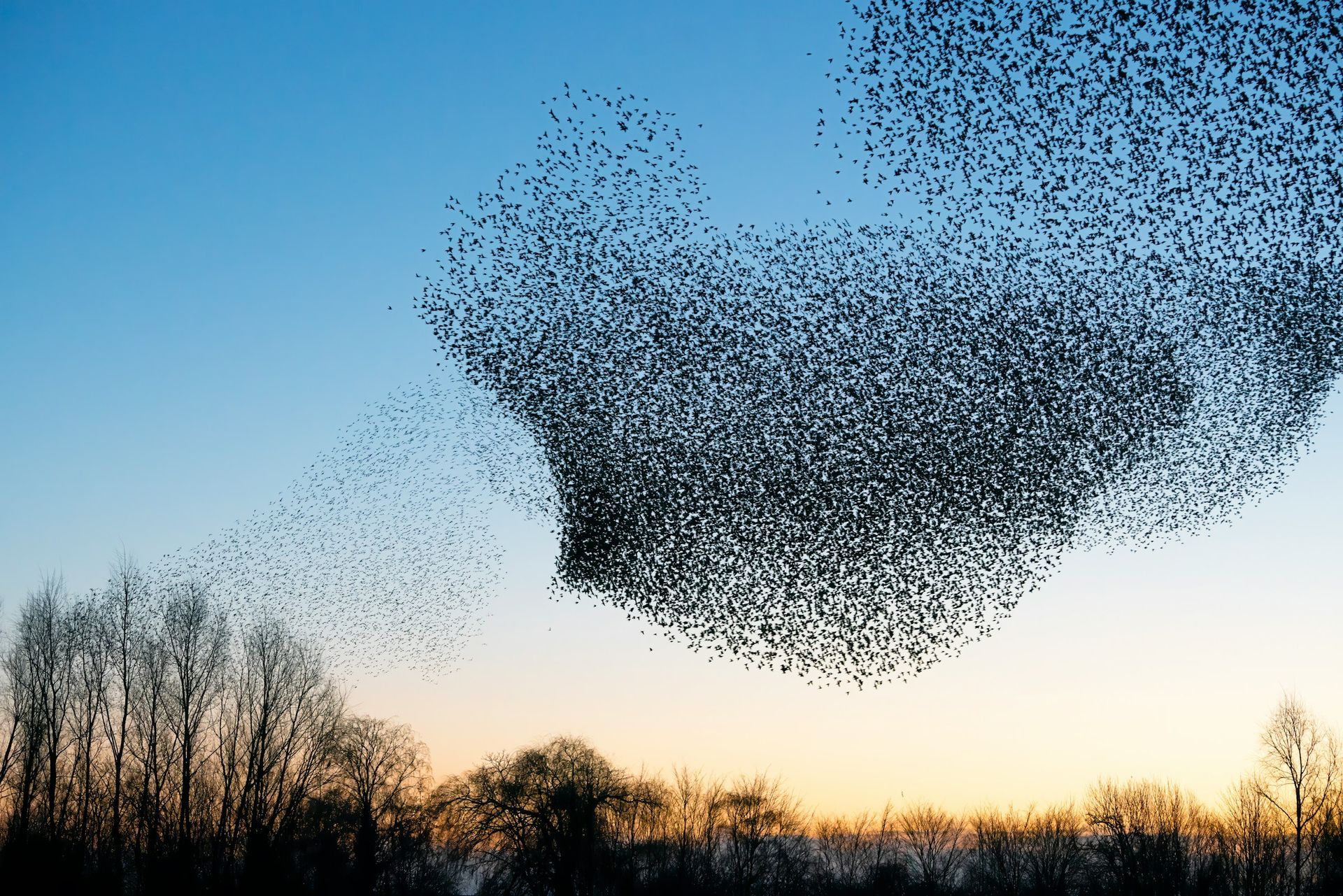IDEA Members Summer Knowledge Share Session Catch-Up
Catch-up on a Summer of Learning!
It's never to late to catch up on our 2025 Knowledge Share summer series.
This summer we featured some great sessions hosted by our members on topics including hate speech and anti-migrant rhetoric, ending orphanage volunteering and hearing the unheard voices of migrant women in emergency accommodation in Ireland. Catch-up here anytime.
Just Care: Just Volunteering was a session about a new youth resource from Tearfund, to highlight the damage of orphanage volunteering. The session is valuable for youth workers or teachers who want to explore the issues around orphanage volunteering with young people.
The Integrate GCE resource toolkit is a valuable resource for anyone interested in addressing hate speech and anti-migrant rhetoric. Fiona Duignan, Meath Partnership shared the toolkit which has been designed for educators, youth workers, youth, migrants, community and voluntary workers. It is a valuable resource for anyone interested in addressing hate speech and anti-migrant rhetoric.
A Partnership with Africa, was an interesting session for post primary educators or GCE professionals to learn about other initiatives in the sector among their peers.
Amplifying Unheard Voices was an important session for GCE practitioners to understand more about the experiences of migrant women living in emergency accommodation centres in Ireland. It was led by Euphomia Edward, AkiDwa.
Community Connections is an opportunity to learn about a new pilot project in the sector to integrate GCE into Habitat for Humaity’s social enterprise, Habitat ReStore.
Lizzy Noone, outlined why Pleasure Activism, is an important tool for GCE practitioners when activism seems increasingly demanding and draining. The Cork project, from Creativity and Change in MTU, was partly inspired by the book 'Pleasure Activism: The Politics of Feeling Good' by Adrienne Maree Brown, exploring various barriers that people face in accessing pleasure, particularly those from marginalised communities.
Co-Creating Regenerative Learning in Community Spaces: Led by Suzie Cahn and Hannah Mole of Carraig Dulra, this session explored how permaculture education served as a collaborative, empowering, and regenerative force within communities. They shared stories from over a decade of co-developing an inclusive Permaculture Design Course (PDC) rooted in community action and ecological ethics.
Shifting Edges: The session was led by the team behind DEFY, a 3-year collaboration between STAND, Comhlámh, finep and Zavod-Voluntariat. Participants learnt about how to build educator reflexivity and a readiness to host others in their learning.
LYCS Global Citizenship through Theatre: Led by Ellen Corby Lourdes Youth & Community Services (LYCS), this session covered the evaluation of LYCS Global Citizenship through Theatre programmes, and the training they offer to services interested in the use of participatory methods to explore complex social justice issues and their solutions in an active, positive way.








